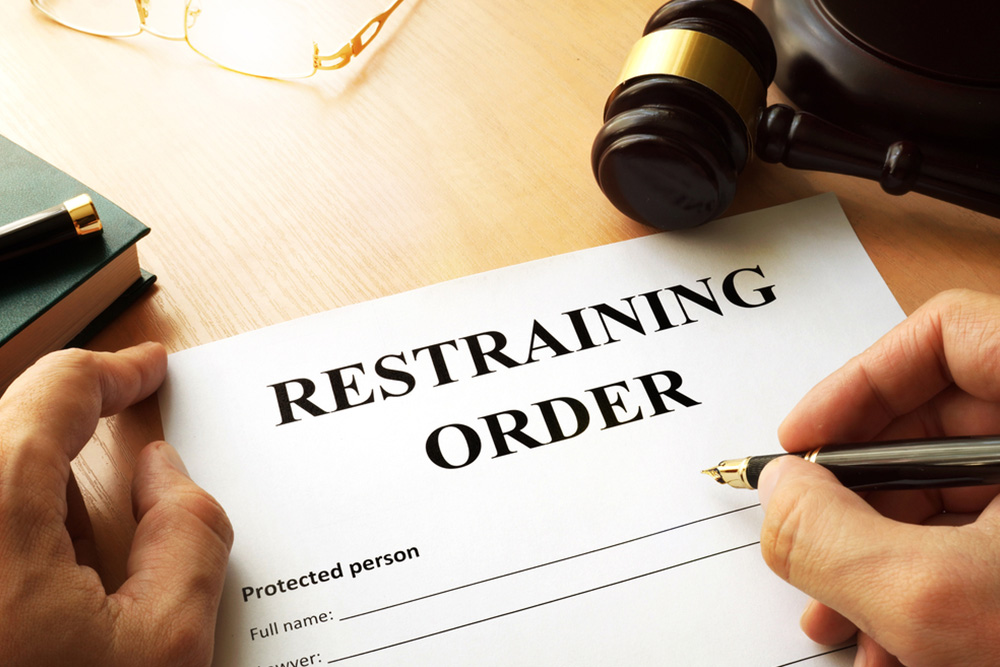Debunking common myths about domestic abuse

The recent tidal wave of sexual misconduct allegations against high-profile men has created a public dialogue about various forms of abuse, including domestic violence.
Domestic violence can be a sensitive and taboo topic. Survivors often feel ashamed to talk openly about it, and perpetrators tend to downplay their involvement in it. Despite the prevalence of domestic abuse, many people still believe long-standing myths about it.
Myth: Abuse has to be violent
Fact: Perhaps the most pervasive misconception about domestic abuse is that it is necessarily violent. This is a myth that even some victims believe. Sometimes, survivors of domestic abuse report that they did not believe their partner was being abusive because his actions were not physical. In fact, domestic abuse can take many forms, including emotional, psychological and verbal abuse.
Myth: Men can’t be victims
Fact: While domestic abuse is usually perpetrated by men against women, the roles can also be reversed. Women can perpetrate domestic abuse—including physical violence—against their partners. Men can be victims, just like women. Abuse is not limited to one gender, and neither is victimhood.
Myth: Victims should have left earlier
Fact: It can be difficult for people who have never experienced abuse to understand the mindset of victims. Some people wonder why a victim did not leave their abusive partner sooner. But there are many reasons why someone may stay with an abuser: They have children together, their financial situation makes it impossible to leave or there is deeply-entrenched psychological trauma that prevents them from leaving.
Myth: Abuse happens when someone “snaps”
Fact: A common explanation for domestic violence is that the abuser just “snapped,” or lost control of their temper and abused their partner as a result. This is rarely true. People who are abusive are usually able to control their tempers around their coworkers, friends and acquaintances. They use abuse as a way to dominate, humiliate and control their partners. Domestic abuse is not simply about losing one’s temper.















